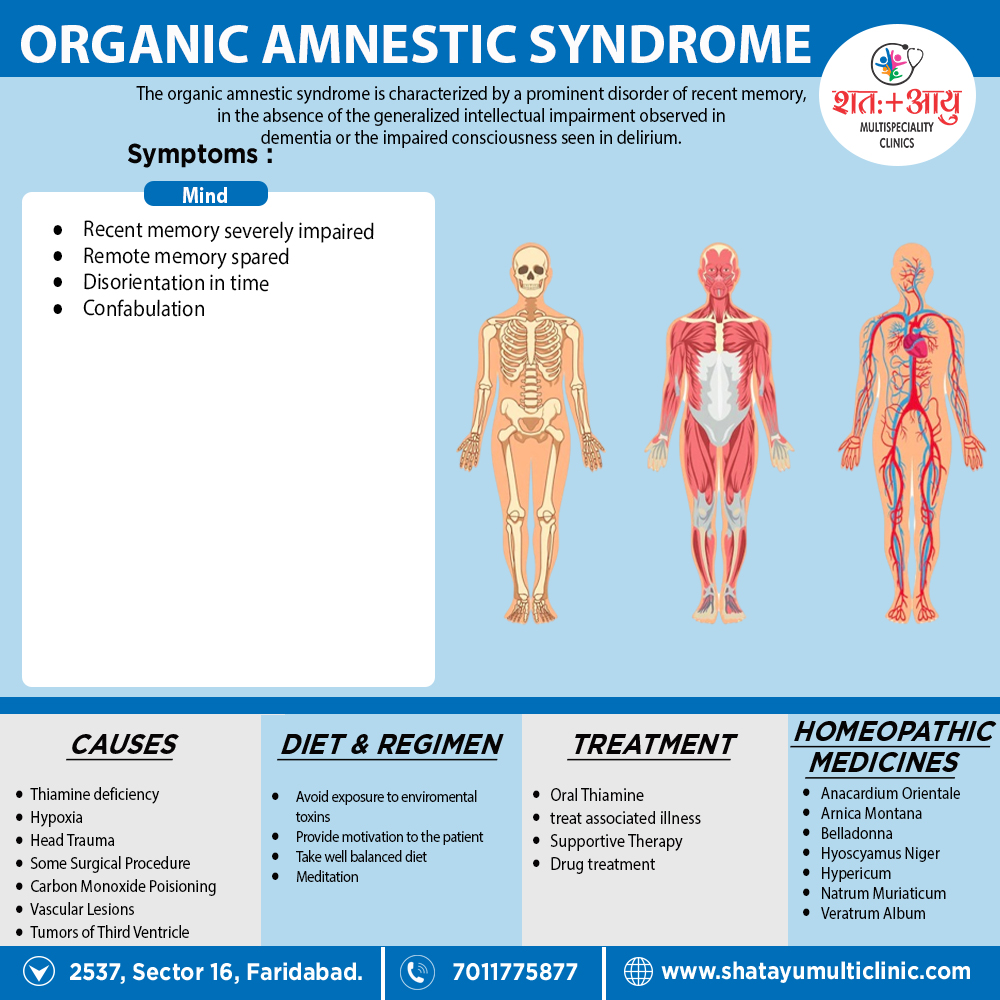The condition usually results from lesions in the posterior hypothalamus and nearby mid line structures, but occasionally results from bilateral hippocampal lesions.
It is often describe as Korsakov’s syndrome, after the Russian neurologist who first described the clinical features, or as the Wernicke–Korsakov syndrome.
Lastly; The prominent causal factor in most cases appears to thiamine deficiency. [1]

